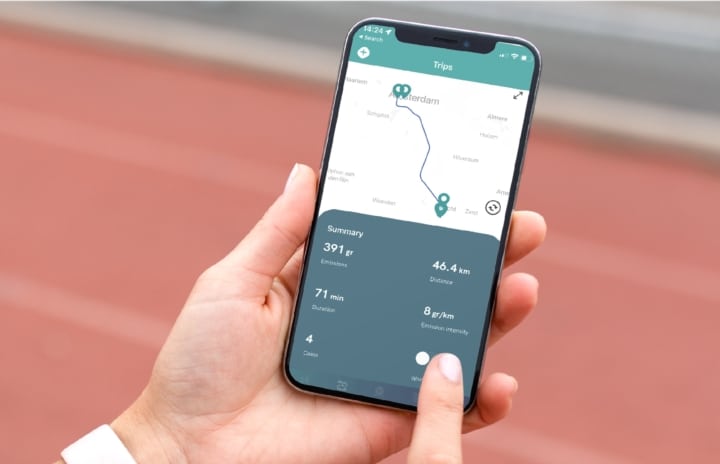Working from home: the benefits for our society and for ourselves at a glance
“Working from home for an extra day provides society with almost 4 billion euros”. This is the conclusion of the accountancy firm PwC after their research on The costs and benefits of working from home. It’s high time to take a look at the benefits of working from home.
PwC conducted research into the consequences of anyone who can work from home continuing to do so one day a week after COVID-19. Your employer, the Treasury, the environment, and yourself can experience the benefits of this.
Two important principles were taken for this research:
PwC assumes that half of the working Dutch can work from home and PwC assumes that all these Dutch people will indeed continue to work from home one day a week after COVID-19.
Cost reduction
For employers, the savings can amount to 1,681 billion euros. The cost savings mainly consist of lower rental costs for office space, reduced expenditure on gas and electricity, and lower catering costs.
For employees, the cost savings amount to a maximum of 1,120 billion euros.
This already takes into account that employees will have to deal with higher energy bills at home, but that does not outweigh the significantly lower costs of commuting.
The collective savings amount to a maximum of 1,102 billion euros. This saving is mainly related to the result that there will be less commuter traffic.
As a result, fewer traffic accidents occur, which entails lower costs for society. In addition, the required investments in infrastructure are lower than if everyone were to travel to the office every day.
The environment
The environment will also benefit if we work from home more, especially the CO2 emissions.
If all employees work from home for one day, we collectively save 606 kilotons in CO2 emissions. This saving is mainly realized because there will be less commuter traffic.
Some notes
PwC does make several comments that could not be included in the study. The first is that corporate culture changes when more people work from home.
This can harm the way of working together, which affects the creativity and innovation capacity of an organization.
In addition, it is still unknown what the influence of working from home on absenteeism is. A weaker corporate culture could lead to more absenteeism.
However, it could also be that the flexibility offered leads to a decrease in the number of sick reports.
In addition, little is known about the productivity of people when they work-from-home.
Studies contradict each other on this: some studies conclude that people are more productive when they work from home and some studies claim the opposite.
So what now?
It will be a challenge for employers and employees to find a good balance between working in the office and working from home. In theory, much is already known about the pros and cons of working from home.
In practice, we have now proven that a lot goes well when we all work from home.
Now it is up to all working Dutch people to discover and experience what works and what does not after COVID-19.
Together we can learn from COVID-19 and together we can work on a safer and more sustainable way of traveling.
Do you want to know how the Fynch platform can help you with this? Contact us at info@fynchmobility.com.


